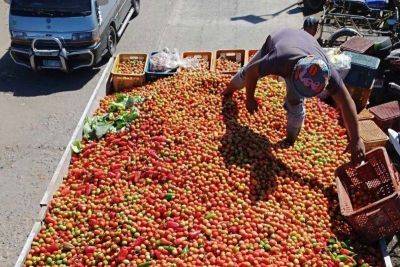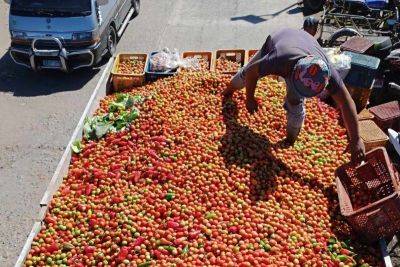Workers on a Philippines Coconut Farm: Born Poor, Staying Poor
Like most of the those working in the coconut groves that fill out the northern lip of the Philippine island of Mindanao, Diego G. Limbaro has never imagined another life. His father pulled himself up the skinny tree trunks of the surrounding plantations, wielding a machete to detach coconuts. So did his father’s father.
Such multigenerational experiences are typical throughout the Misamis Oriental province. Harvesting coconuts — separating the meat from the husk, and processing the bounty into oil and juice — is one of the very few ways to earn sustenance.
People labor six days a week in the tropical swelter, through torrential rains and under the punishing sun. Their pay is determined by the price of coconut oil as influenced by traders around the globe. The typical farmer earns perhaps 60,000 pesos a year — about $1,100.
“We are poor here,” Mr. Limbaro said on a recent morning, as a steady drizzle turned the reddish soil to mud. “We buy only sardines and rice. For most people here, the life they are born into is the life they will lead.”
At 64, Mr. Limbaro’s life is dominated by two pursuits — playing basketball on the concrete courts that form the center of every village, and running a copra cooperative that provides local farmers a way to pool their efforts.
Farmers typically harvest coconuts from their own small holdings, removing the husks and selling much of the shell-encased fruit within to agents for processing plants that make juice. They peddle the rest of their crop to village drying works that roast the meat over open coals, yielding a product that is sold to processing plants that crush it into oil.
The plants that dry the fruit, which burn coconut husks as a source of power, tend to be owned by local women like Mercita Rementizo, 65, who also operates a local grocery kiosk. She earns additional money as a music teacher, and as a drummer in a family band that plays tango, jazz and rock classics at village parties.
“I have a lot of side hustles,” she said. “Everyone here does.”
Mr. Limbaro said he relied entirely on women to fill out the ranks of the cooperative’s governing board. “Women are more productive than men,” he said matter-of-factly. “The women






